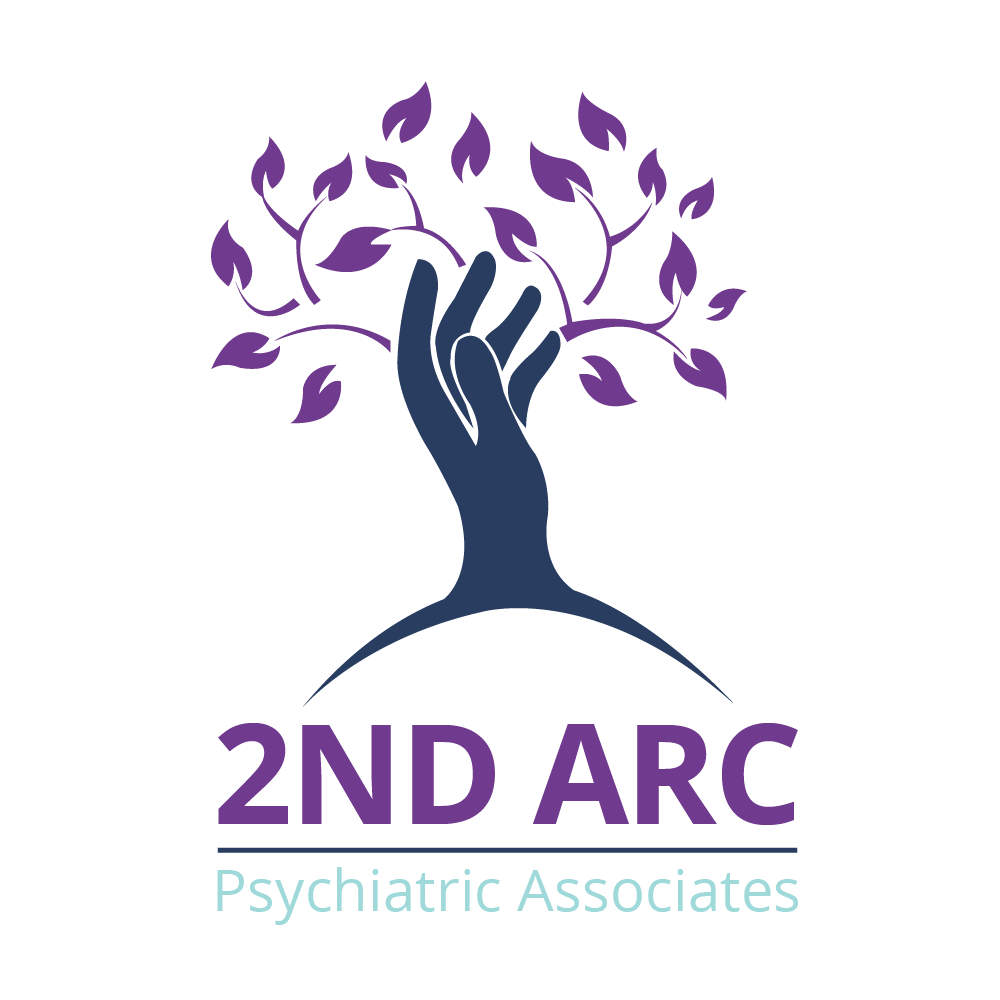SCHOOL EVALUATION
The mental health of a child is just as important as their physical health. Now, that’s why a comprehensive psychological evaluation may be required when noticeable defects in learning abilities and behavioural deficiencies starts to rear its head.
The goal of the assessments is to identify the existing learning and behavioural challenge with a view to mitigating them and providing a comprehensive treatment and management plan.
HOW IT WORKS
We have a team of highly trained professionals with expertise in psychometric testing and diagnostic interviewing. Our approach is objective and seeks to provide a comprehensive assessment report through empirically validated testing instruments, in-depth diagnostic interviews, behavioural observations, record reviews, and relevant collateral interviews. This allows us to provide some of the most thorough empirically based psychological assessments available today.
Some of the more common types of evaluations we provide includes:
Risk Assessments: This assessment aims at identifying if the client is at risk of behaving violently towards others, at himself and how can that risk be mitigated. A typical assessment includes clinical and collateral interviews, mental status examination, personality testing, risk assessment, review of records, and, if required, cognitive testing and attention / impulsivity testing.
Cognitive Assessments: Here we assess the clients current intellectual and adaptive functioning. A typical assessment includes clinical and collateral interviews, completion of self-report and collateral behavior rating scales, cognitive testing, measures of adaptive behaviour (if indicated), and review of records.
Learning Disability Assessments: Involves the determination of any disability that might be hampering the client’s ability to assimilate ideas. A typical assessment includes clinical and collateral interviews, mental status examination, cognitive testing, achievement testing, review of records, completion of self-report and collateral symptom and behaviour rating scales and, if indicated, attention / impulsivity testing.
Psychosexual Evaluation: This seeks to assess the nature of client’s current psychological/sexual functioning and related risk/mitigating factors. A typical assessment includes clinical and collateral interviews, mental status examination, completion of self-report and collateral symptom and behaviour rating scales, trauma screening and assessment, personality testing, assessment of sexual development and functioning, risk assessment, review of records and, if required, cognitive testing, and attention/impulsivity testing.
